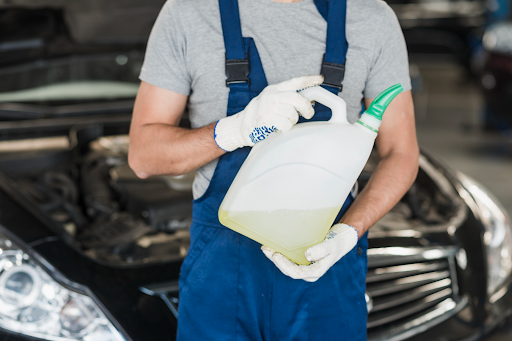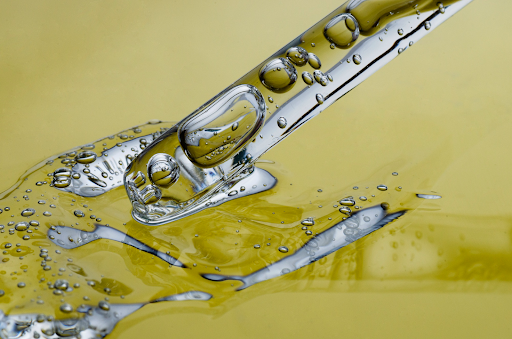When you manage heavy-duty vehicles, choosing the right gear oil can save both time and money. Two common options are 80W-90 LL and regular gear oils. Each has its own benefits, and understanding their main traits is essential for making the right choice. In this guide, we will explain the key differences and why factors like gas engine oil specification matter beyond just engine oils.
Viscosity Levels Compared
Viscosity refers to how thick or thin the oil is at certain temperatures.
- 80W-90 LL has a wider temperature range
- Regular oils, like 80W-90, may thin out faster in heat
- LL stands for “Long Life,” meaning it resists thinning under load
Knowing viscosity helps match oil to ambient conditions and load patterns, ensuring better protection under various operating conditions.
Long-Life Additives Explained
Long-life oils contain special compounds that keep them stable for a longer period.
Additives in 80W-90 LL include:
- Anti-wear agents that protect metal surfaces
- Detergents that keep gears clean
- Corrosion inhibitors to guard against rust
Regular oils may lack these extras, requiring more frequent changeovers.
Load-Carrying Capacity
Commercial vehicles often carry heavy loads for hours, and gear oil must handle extreme pressure.
- 80W-90 LL is designed for extreme loads, preventing metal-to-metal contact
- Regular oils work under normal loads, but can fail under extreme torque
Choosing the right oil means fewer gear failures on tough routes, reducing maintenance costs.
Temperature Performance
Engines and transmissions generate heat, and the oil must stay stable under high temperatures.
- LL oil stays stable up to high temperatures, preventing breakdown
- Regular oil may oxidize faster under the same heat, leading to oil degradation
Better temperature stability results in longer service life and consistent performance.
Seal Compatibility and Leakage
Oil can affect rubber seals and gaskets over time. The right oil choice is important for leak prevention.
- 80W-90 LL is formulated to be seal-friendly, reducing hardening
- Regular oils may cause seals to shrink or swell, leading to leaks
Proper seal performance stops leaks and keeps the lubricant inside the gears, preventing costly damage.
Maintenance and Drain Intervals
Downtime for oil changes affects fleet schedules and costs.
- LL oils extend drain intervals, meaning fewer oil changes
- Regular oils need checks more often but may fit tight budgets with lower initial costs
Balancing service cost and downtime helps optimize fleet operations.
Additive Depletion Signs
All gear oils lose strength over time, and knowing when additives wear out is key.
Pointers to check:
- Unusual gear noise
- Dark or foamy oil
- Increased operating temperature
Regular inspections catch early warning signs before serious damage occurs, ensuring smoother operations.
Cost vs. Benefit Analysis
LL oils cost more upfront, but they help reduce long-term costs.
- LL oils reduce labour and part replacement costs
- Regular oils may save on purchase price but add maintenance expenses
Calculating total cost of ownership helps you decide which oil offers real value, considering performance and maintenance needs.
Environmental and Safety Factors
Oil spills and leaks can harm the environment and pose safety risks.
- LL oils are more stable, reducing leak risks and keeping oil inside the gearbox
- Regular oils may form sludge or drip more easily, increasing clean-up costs
Better containment reduces environmental and safety risks, benefiting both the vehicle and operations.
Choosing the Right Gear Oil
When selecting gear oil, follow these steps:
- Check compatibility with the vehicle model
- Match viscosity and load requirements
- Inspect oil appearance and smell
- Verify additive package and certifications
- Plan service intervals based on oil type
This checklist ensures you choose the oil that best meets your fleet’s needs and performance standards.
Why It Matters on the Road
Fleet managers rely on more than just strong engines, they need gear systems that perform under pressure. Comparing 80W-90 LL with regular gear oil shows how small changes in oil choice can lead to big differences in maintenance, cost, and uptime. Long-life oils may cost more initially, but they reduce service stops and protect better under heavy loads.
That’s why transport professionals continue to rely on Tata Motors Genuine Oil to deliver reliable protection where it matters most on the road, every day.






